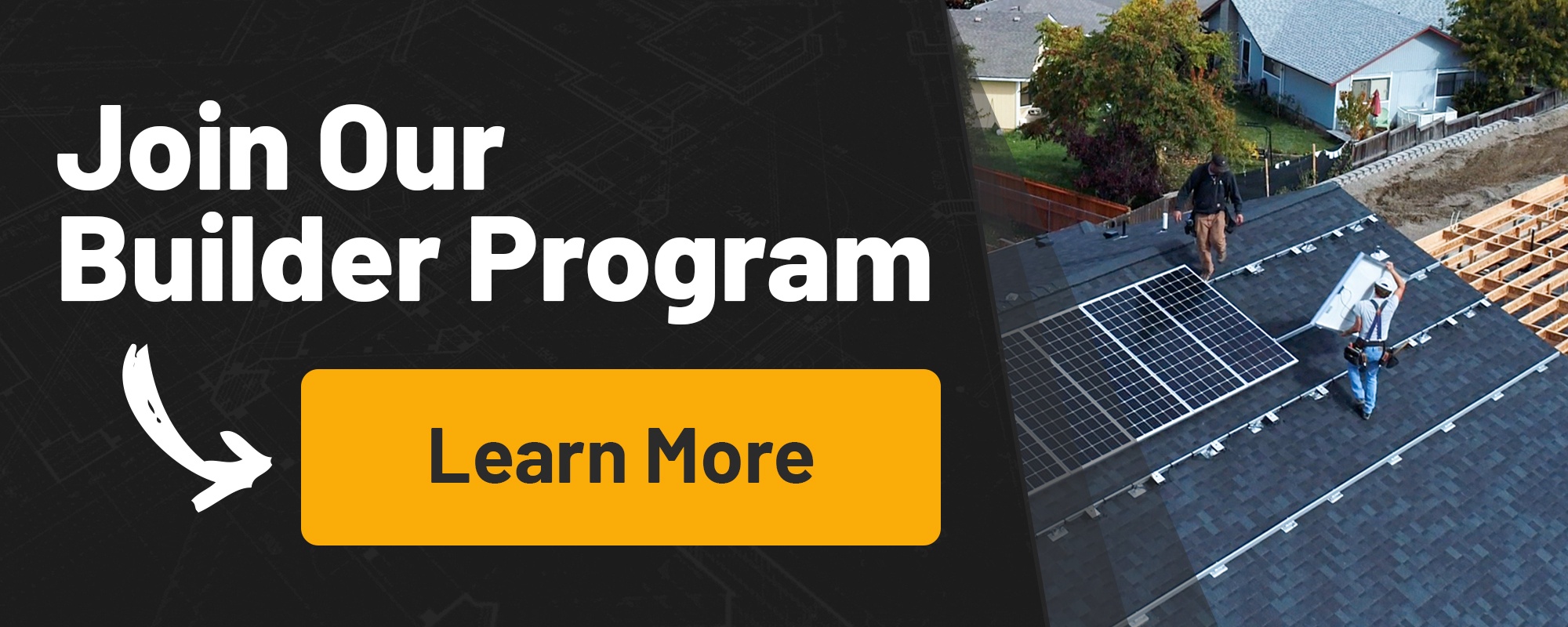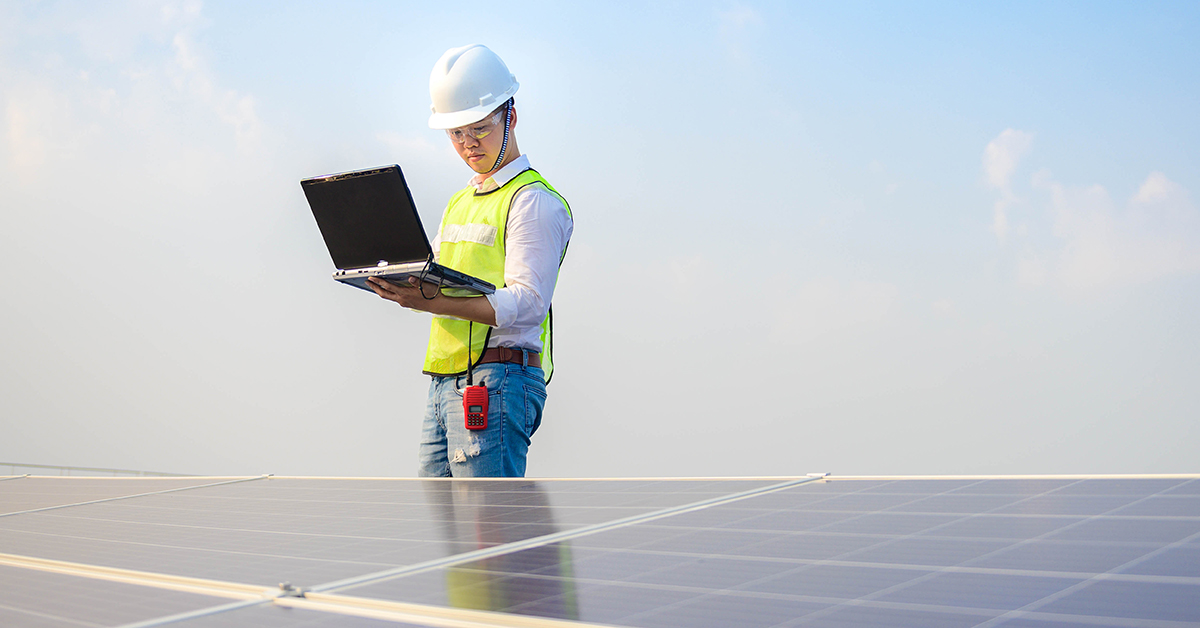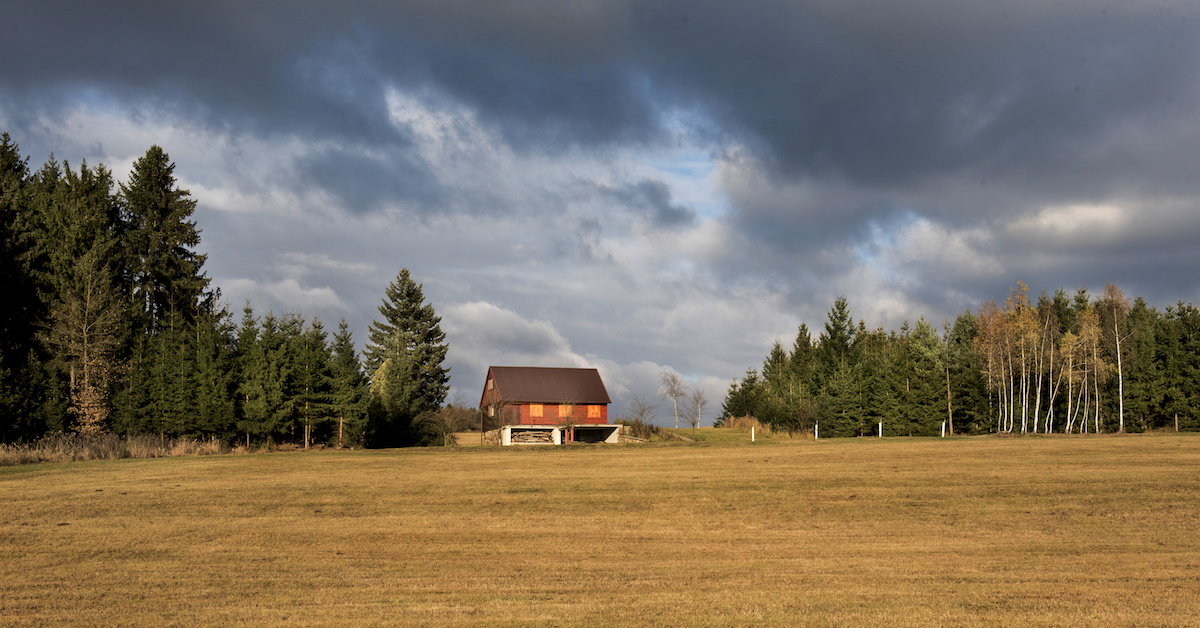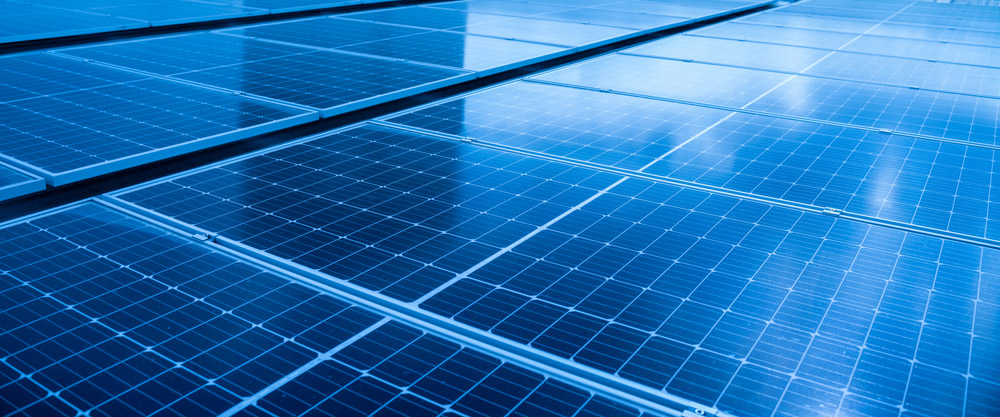As a builder, you have an imposing task: juggling countless consumer preferences.
When designing a new community, you have to consider current trends in the overall market along with location-specific preferences.
One significant decision builders are now weighing is whether to install solar in new communities.
Some consumers are opposed to buying a home with solar panels, while others are demanding it.
Which crowd should you cater to?
Let us help you navigate this tricky landscape with pointers below.

The Trends for Buying a Home With Solar Panels
There is no denying that solar panels are increasingly popular among homeowners.
In 2019, the U.S. passed a major milestone: there are now more than 2 million solar installations across the country, and growth is gaining momentum.
It took 40 years to reach the 1 million mark and just three more years to double that number.
The number of installations could double again by 2023.
In 2020, new installations experienced record growth, despite the overall economic challenges the country faced.
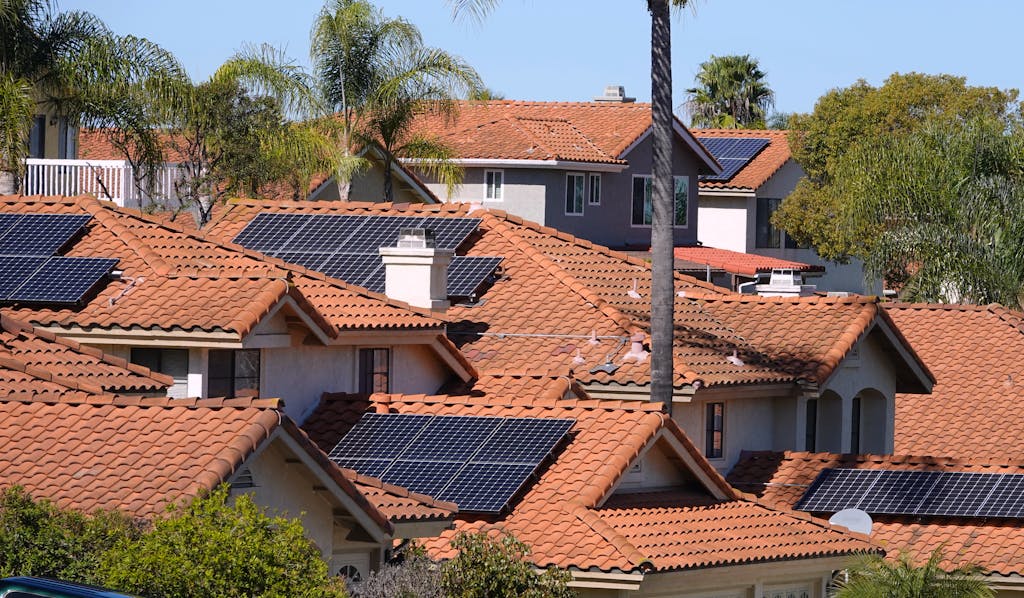
The spurt in new projects wasn’t distributed evenly.
California, Florida, and Texas saw the highest expansion rates.
Cities in Hawaii and California had more new installations than cities in other states.
There is no doubt that an increasing number of homeowners are interested in purchasing a home with solar panels.
While only 6% of surveyed homeowners said they had already installed solar, another 46% said they were interested in going solar.
That isn’t 100%, though.
So why is there still hesitation given such a dramatic rise in interest?
The Reasons for Reluctance to Buy a Home with Solar Panels

Though consumers are certainly partial to other forms of energy, they aren’t necessarily opposed to using alternative energy sources.
However, some are still reluctant to buy a new home that comes with builder-installed solar panels.
For these consumers, resistance usually falls within two categories:
1) Financial concerns
2) Knowledge barriers
Financial Concerns
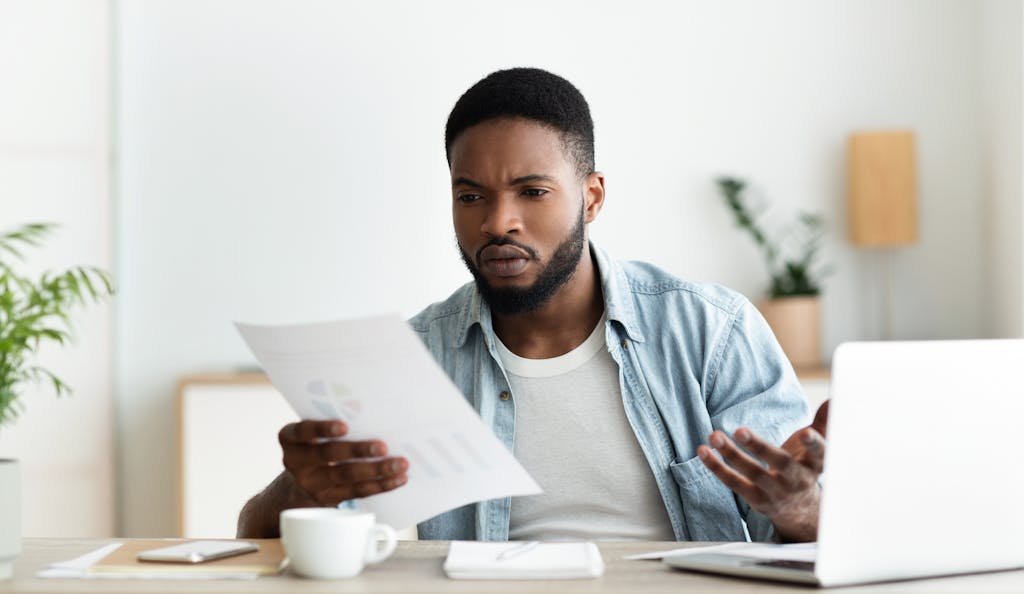
Concerns about costs tend to be the biggest reasons home buyers are reluctant to purchase a home with solar panels.
Most think that a solar installation will cost them too much money or raise their mortgage rates.
They have fears about affordability or that their loan application will be rejected.
This is a particular concern for new home buyers because they are already taking on a new house loan.
The mental leap is difficult for them to overcome without additional information that could change their minds.
Knowledge Barriers

Consumers may be hesitant to add solar to their new home because they don’t know much about it.
They may not understand how residential solar works, or they may be overwhelmed by all the information that is available.
Some homeowners might be concerned about what happens on cloudy days, property values, and whether it will be harder to sell their home if it is solar equipped.
With valuable information presented right, these consumers could change their minds and opt to purchase a home with solar panels.
The Way Forward in Handling Buyer Concerns
As a builder, incorporating solar is an appealing proposition.
You have the opportunity to:
- Attract more buyers to your homes
- Increase profits by 4.1% per home
- Sell your homes 20% faster
- Put money in your pocket with federal and local incentives
However, while there are areas where it may be the obvious call to incorporate solar, this choice may seem less clear-cut in other regions.
Finding ways to increase consumer knowledge makes the sales process easier.
You can take other measures, such as including the option for consumers to buy homes ready-made with solar panels or work solar installations into other aspects of home-building projects.
Inform Consumers
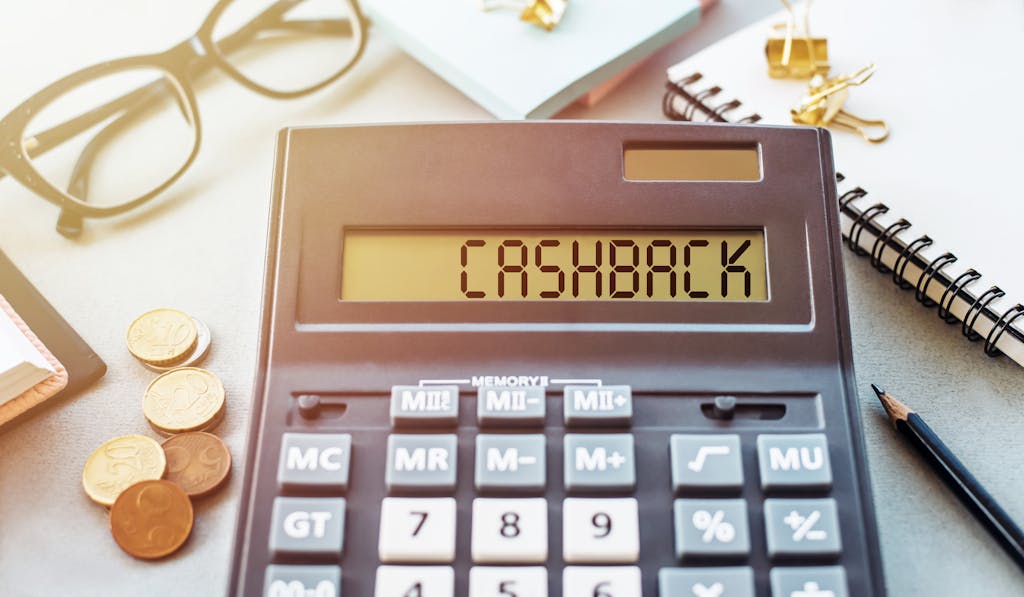
Some homebuyers may see the potential of solar panels with the right information.
Overcoming the financial hurdle is often the primary concern.
Let potential buyers know about the 26% federal tax credit and other financial incentives available to help reduce the financial impact of going solar.
Also, inform them about how much they will save on their monthly utility bills.
Lastly, you can make it easy for buyers to access the information they need to understand how solar energy works, particularly the type of solar you plan to install.
Build Solar-Ready Homes
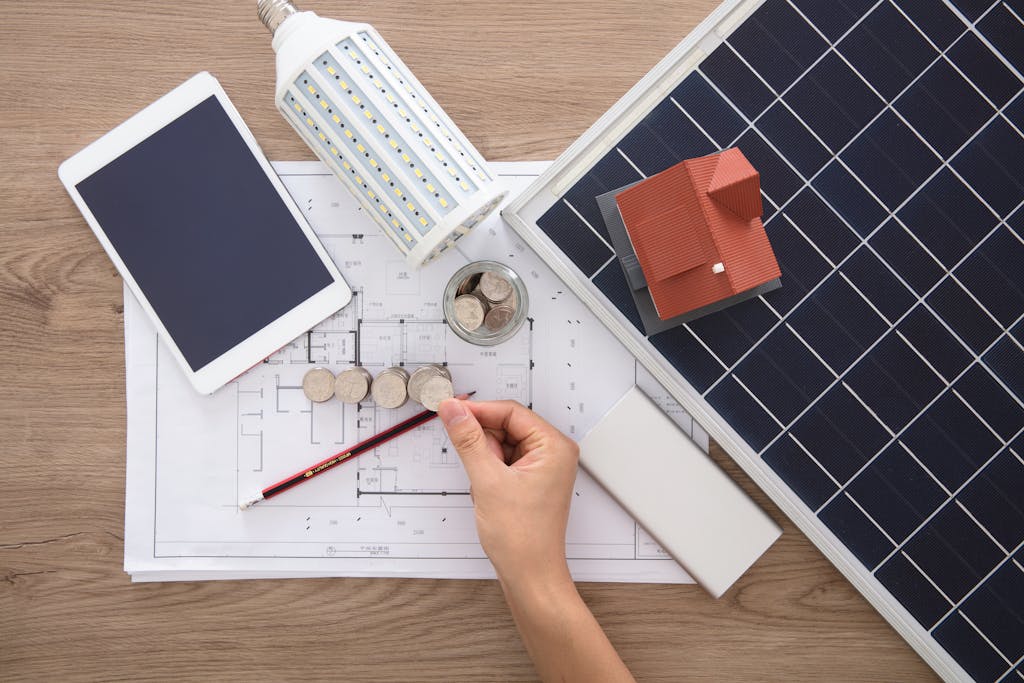
You have the option to make your homes solar-ready, so consumers who want to buy a home with solar panels can easily add them.
This also leaves the door open for those who are currently reluctant to change their minds in the future.
Building solar-ready homes require the following considerations:
- Home orientation and shading: Designing the layout of the community and orientation of each home is crucial to ensuring optimum solar efficiency. You also want to consider landscape design to keep solar panel surfaces free from potential shading.
- Roof consideration: When designing homes, make sure the roofs can handle the weight of solar panels. Move all non-solar roof features away from the potential solar panel locations.
- Pre-installation considerations: Install an electrical conduit between the attic and the electrical panel. Make sure the panel is large enough to accommodate a double pole breaker for the right amperage and leave wall space next to the electrical panel to make room for the inverter and other solar equipment.
Incorporate Solar in the Community
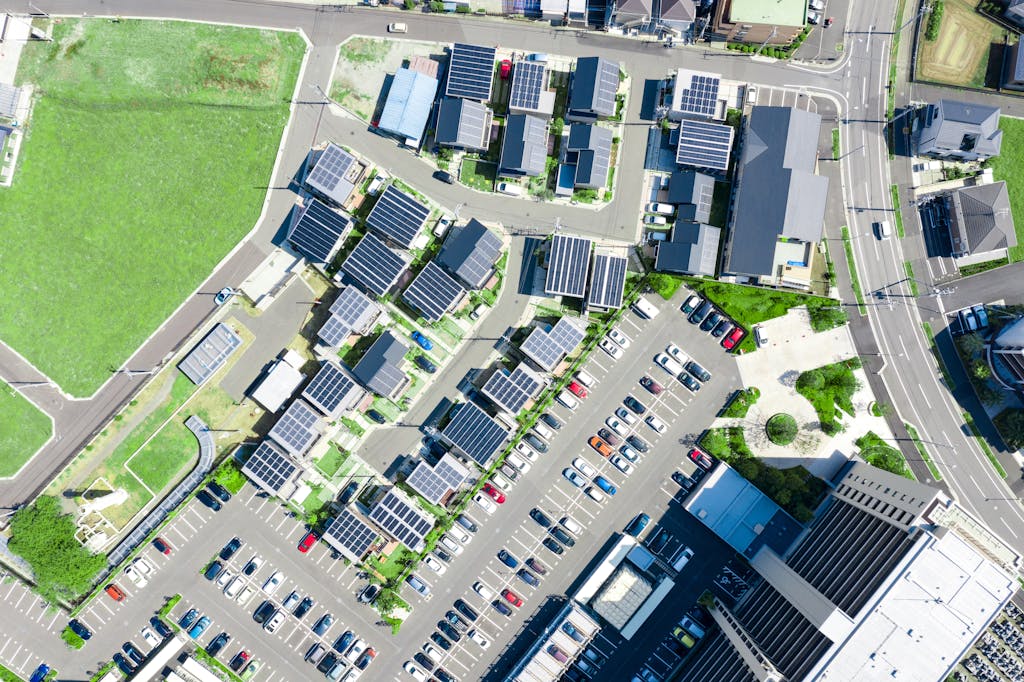
For consumers favorable to this type of energy, you make residential neighborhoods more appealing by incorporating solar into other aspects of community design.
Additionally, you increase the value of the entire residential complex.
Consider including solar in community buildings, carports, and exterior lighting arrays.
Your options for incorporating solar depend on the specifics of your project, so it’s essential to think up as many opportunities as possible.
Partner with Unbound Solar® in Building a Home with Solar Panels
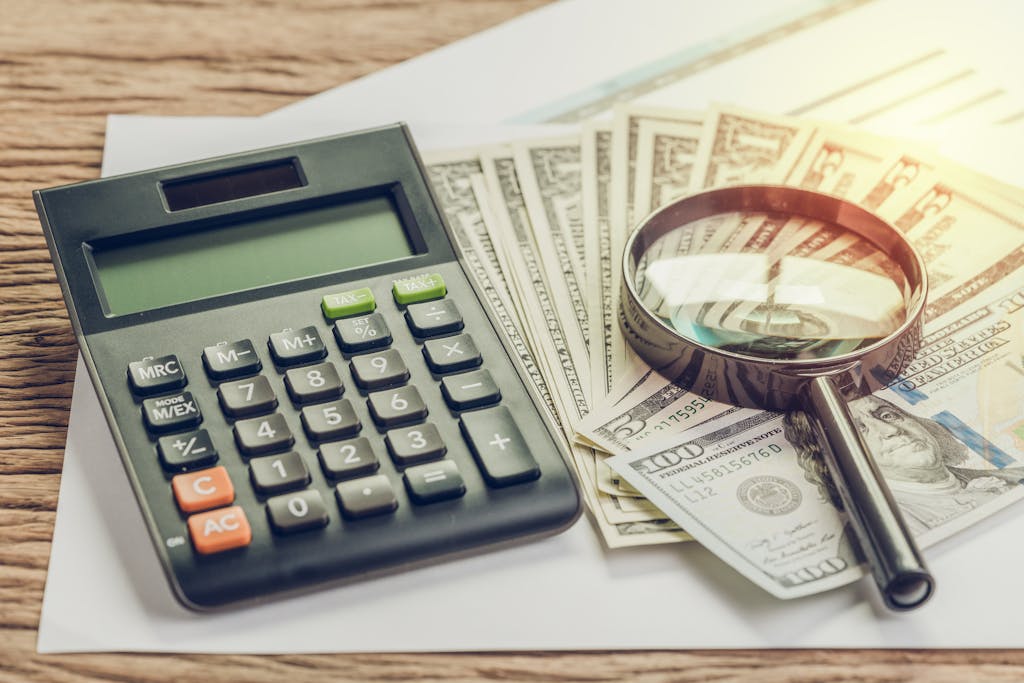
Ultimately, solar is a win-win for your buyers.
Solar gives them:
- A lifetime of savings on electricity bills (and the system pays for itself)
- The opportunity to sell excess power back to the utility company
- A 26% federal tax credit
- State and local tax incentives
- A minimum 4% increase in the value of their home
- A quicker home sale if they own the system
- A reduced carbon footprint
Unbound Solar® has been doing solar installations for more than 20 years.
We have observed and understand the changes in the market for homeowners who want to buy a home with solar panels.
Now is an exciting time to incorporate solar in new residential builds.
Contact us today to find out more about our Homebuilder Partnership Program.
